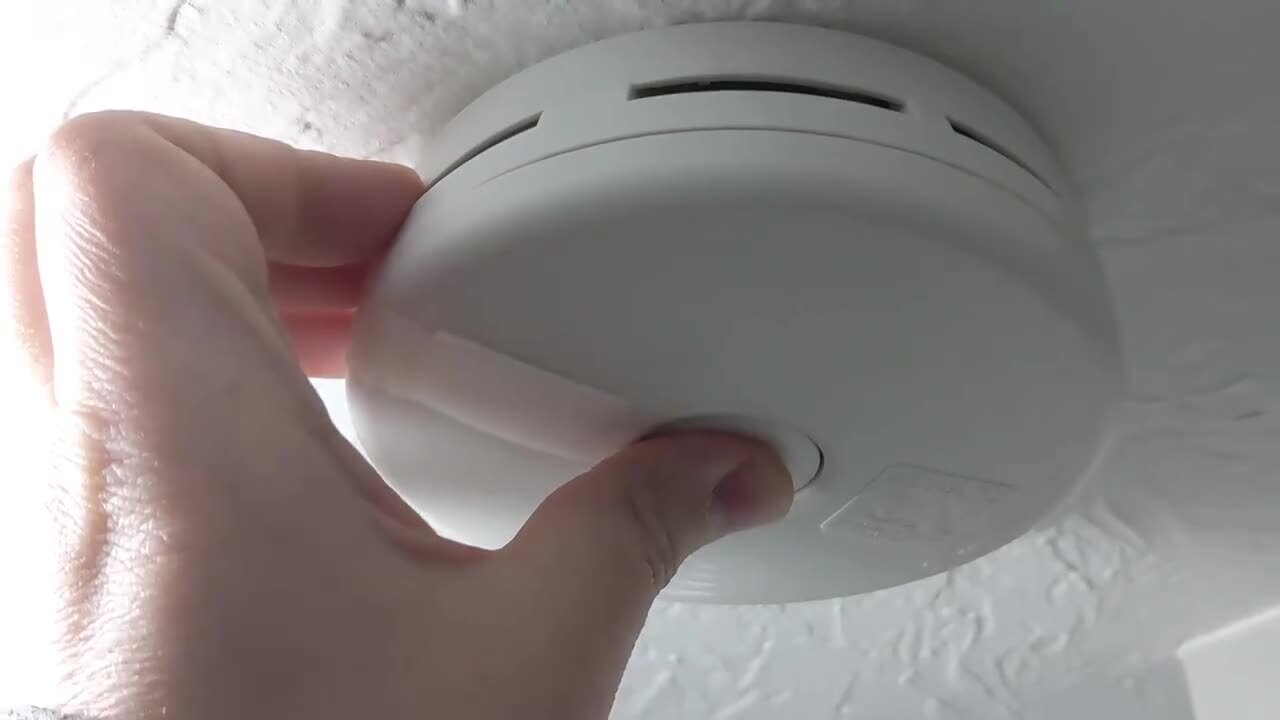

Articles
What Can Set Off A Smoke Detector
Modified: February 24, 2024
Learn what can set off a smoke detector and how to prevent false alarms with these informative articles. Protect your home and family today.
(Many of the links in this article redirect to a specific reviewed product. Your purchase of these products through affiliate links helps to generate commission for Storables.com, at no extra cost. Learn more)
Introduction
Welcome to the world of smoke detectors, an essential component of home safety. Smoke detectors serve as an early warning system, alerting us to potential fires and giving us the precious time needed to evacuate. However, there are instances when these devices may go off without a fire present, causing confusion and concern for homeowners. In this article, we will explore the various factors that can set off a smoke detector, providing you with a better understanding of when a false alarm might occur.
Before delving into the causes, it’s important to grasp the basics of how smoke detectors function. These devices are designed to detect the presence of smoke particles in the air. When smoke enters the sensor chamber, it disrupts an electrical current, triggering the alarm. This mechanism is incredibly sensitive, ensuring that even the slightest hint of smoke will be detected.
While smoke detectors are highly effective at detecting actual fires, they can also be triggered by certain activities, environmental conditions, and even malfunctions. Understanding these factors can help us better manage our smoke detectors and minimize false alarms.
In the following sections, we will explore some of the most common causes for smoke detectors to go off without the presence of a fire. Whether it’s cooking activities, steam, dust, strong odors, cigarette smoke, or electrical malfunctions, we will examine how each can influence the sensitivity of your smoke detector and potentially cause it to sound an alarm when no danger is present.
Key Takeaways:
- Smoke detectors can be set off by cooking activities, steam, dust, strong odors, cigarette smoke, and electrical malfunctions. Understanding these factors helps prevent false alarms and ensures the effectiveness of smoke detectors.
- Proper ventilation, regular cleaning, and mindful placement of smoke detectors are key in minimizing false alarms. Don’t disable smoke detectors, as they are crucial for fire safety and early detection.
Read more: How To Turn Off A Smoke Detector
Understanding Smoke Detectors
To fully grasp why smoke detectors can go off without the presence of a fire, it’s important to understand how these devices operate. Smoke detectors typically fall into two main categories: ionization and photoelectric.
Ionization smoke detectors use a small amount of radioactive material to ionize the air. When smoke particles enter the ionization chamber, they disrupt the electrical flow, triggering the alarm. These detectors are highly responsive to fast, flaming fires.
On the other hand, photoelectric smoke detectors use a small beam of light within the sensing chamber. When smoke enters the chamber, it scatters the light, triggering the alarm. Photoelectric detectors are more responsive to slow, smoldering fires.
It’s important to note that both ionization and photoelectric smoke detectors can be present in the same device, providing dual-sensor capabilities for the detection of different fire types.
While smoke detectors are crucial for alerting us to potential fires, they can sometimes be triggered by non-threatening factors. In the following sections, we will explore some common causes for smoke detectors to go off without a fire present and provide insights on how to address them.
Common Causes for Smoke Detectors to Go Off
Smoke detectors are designed to be highly sensitive to the presence of smoke particles in the air, which ensures their effectiveness in detecting actual fires. However, certain activities or environmental conditions can trigger a smoke detector without any danger present.
One of the most common causes of false alarms is cooking activities. Smoke detectors are often located in or near the kitchen, making them susceptible to detecting smoke produced by cooking. When excessive smoke or steam is generated during the cooking process, it can trigger the alarm. To prevent this, ensure proper ventilation while cooking and try to minimize smoke production by using lids on pots and pans.
Steam can also set off a smoke detector. You may notice this when taking a hot shower or while the bathroom fills with steam after a particularly long shower. The steam particles can be mistaken for smoke, triggering the alarm. To prevent false alarms, consider installing a bathroom-specific smoke detector or place a plastic bag over the device in the bathroom while showering.
Dust is another common culprit for smoke detectors going off. Over time, dust particles can accumulate in and around the smoke detector, impairing its functionality. Regularly cleaning the smoke detector and keeping the surrounding area dust-free can help minimize false alarms caused by dust particles.
Strong odors, such as those produced by aerosol sprays or cleaning products, can also trigger a smoke detector. These odors can be mistaken for smoke particles and may lead to a false alarm. It’s important to be mindful of using strong-smelling products near a smoke detector and ensure proper ventilation.
In some cases, cigarette smoke can cause a smoke detector to go off. Even if you are not smoking inside the house, smoke can still travel through ventilation systems or open windows, setting off the alarm. It’s advisable to keep smoke detectors away from areas where smoking occurs to minimize the risk of false alarms.
Lastly, electrical malfunctions can also trigger a smoke detector. If the smoke detector is faulty or incorrectly installed, it may detect electrical issues and sound off as a safety precaution. Regularly inspecting and maintaining smoke detectors can help prevent false alarms caused by electrical malfunctions.
By understanding these common causes for smoke detectors to go off without a fire present, you can take preventive measures to reduce the likelihood of false alarms. Regular maintenance, proper ventilation, and awareness of activities in proximity to smoke detectors are key to ensuring their effectiveness in detecting real fires while minimizing unnecessary disruptions.
Cooking Activities and Smoke Detectors
Cooking is a common activity that can inadvertently set off a smoke detector. The smoke and steam produced during the cooking process can be mistaken for smoke particles by the highly sensitive sensors in the smoke detector, triggering a false alarm.
One of the main culprits for setting off smoke detectors in the kitchen is excessive smoke produced while cooking. Whether it’s from searing meat, frying foods, or burning oil, the smoke can quickly fill the air and reach the smoke detector, causing it to sound off. This can be particularly problematic for open-concept kitchen layouts where smoke can easily spread throughout the house.
To prevent false alarms caused by cooking activities, it is important to have proper ventilation in the kitchen. This can be achieved through the use of exhaust fans, range hoods, or opening windows to allow the smoke to dissipate. Additionally, using lids on pots and pans while cooking can help contain the smoke and reduce the likelihood of triggering the smoke detector.
If you frequently experience false alarms due to cooking activities, consider relocating the smoke detector further away from the kitchen area. This can help minimize the chances of it being triggered by cooking-related smoke.
Another option is to install a heat detector instead of a smoke detector in the kitchen. Heat detectors are designed to detect an increase in temperature rather than smoke particles, making them less prone to false alarms caused by cooking activities. However, it’s important to note that heat detectors do not provide early detection of smoldering fires, so it is advisable to have both types of detectors in different areas of the home.
Regular maintenance of your smoke detector is also crucial to ensure its proper functioning. Cleaning the smoke detector periodically can remove any accumulated dust particles that may trigger false alarms. Additionally, make sure to check and replace the batteries according to the manufacturer’s recommendations to ensure optimal performance.
Although cooking activities can occasionally set off a smoke detector, it should not discourage you from using this important safety device in your home. By understanding the causes and taking preventive measures, such as proper ventilation and regular maintenance, you can significantly reduce the occurrence of false alarms and ensure the effectiveness of your smoke detector in detecting actual fires.
Steam and Smoke Detectors
Steam is another common factor that can trigger a smoke detector, often leading to false alarms. The steam generated from activities such as taking a hot shower or boiling water can be mistaken for smoke particles by the sensitive sensors in the smoke detector, causing it to sound off.
One of the areas where steam can cause false alarms is the bathroom. While you might be enjoying a steamy shower, the steam particles can quickly spread throughout the bathroom and reach the smoke detector. To prevent this, consider installing a dedicated bathroom smoke detector or placing a plastic bag over the smoke detector while showering. The plastic bag acts as a barrier, preventing the steam from reaching the sensor and triggering the alarm.
In addition to the bathroom, steam from other sources in the home, such as a humidifier or a boiling pot of water on the stove, can also set off a smoke detector. It’s important to be aware of the proximity of these sources to the smoke detector and take preventive measures to minimize the risk of false alarms.
Proper ventilation is key in reducing the chances of false alarms caused by steam. Ensuring that there is adequate airflow and ventilation in the area where the smoke detector is located can help dissipate the steam and prevent it from triggering the alarm.
Regular maintenance of the smoke detector is also essential. Clean the smoke detector periodically to remove any dust or steam residue that may have accumulated on the sensor, as these can interfere with its functionality. It’s also important to test the smoke detector regularly to ensure it is in proper working condition.
Moreover, if you consistently experience false alarms due to steam, consider purchasing a smoke detector that includes a built-in steam sensor. These specialized detectors are designed to differentiate between steam and smoke particles, reducing the chances of false alarms caused by steam-related activities.
While steam can trigger a smoke detector, it’s important to remember that smoke detectors play a crucial role in fire safety. They provide early warning in the event of a fire, giving you and your family valuable time to evacuate safely. By understanding the causes and implementing preventive measures, you can minimize false alarms caused by steam and ensure the effectiveness of your smoke detector in detecting potential fires.
Keep smoke detectors at least 10 feet away from cooking appliances to prevent false alarms. Regularly clean and test your smoke detectors to ensure they are functioning properly.
Read more: What Is A Smoke Detector?
Dust and Smoke Detectors
Dust is a common culprit for setting off smoke detectors and causing false alarms. Over time, dust particles can accumulate on the sensors of the smoke detector, interfering with their ability to accurately detect smoke. This can result in the smoke detector being triggered by the dust particles instead, leading to unnecessary alarms.
To prevent false alarms caused by dust, regular maintenance and cleaning of the smoke detector are necessary. It is recommended to clean the smoke detector periodically, following the manufacturer’s guidelines. Use a soft brush or a vacuum cleaner with a brush attachment to gently remove any dust buildup from the sensor and surrounding areas. This will help ensure optimal performance of the smoke detector and reduce the chances of false alarms.
In addition to cleaning, it’s also important to consider the placement of the smoke detector. Avoid placing smoke detectors in dusty areas, such as garages or unfinished basements, as these environments are more prone to dust accumulation. Instead, opt for locations with minimal dust exposure to minimize the risk of false alarms.
Another factor to consider is the presence of construction or renovation activities in the vicinity of the smoke detector. These activities can generate a significant amount of dust, which can easily find its way into the smoke detector and trigger false alarms. If you are undergoing construction, it might be necessary to temporarily disable the smoke detector or cover it with a protective shield to prevent dust from entering the sensor chamber.
Regularly replacing the batteries in the smoke detector is also crucial. Low battery power can cause the smoke detector to malfunction and increase the likelihood of false alarms. Follow the manufacturer’s recommendations for battery replacement to ensure the smoke detector operates properly.
While dust can be a nuisance for smoke detectors, it is important not to compromise on safety. Dust accumulation should not deter you from using smoke detectors in your home, as they are vital for early fire detection. By implementing regular cleaning, appropriate placement, and routine maintenance of your smoke detectors, you can minimize the occurrence of false alarms caused by dust and ensure the effectiveness of the devices in detecting potential fires.
Strong Odors and Smoke Detectors
Strong odors can sometimes trigger smoke detectors, causing false alarms. The sensitive sensors in smoke detectors can mistake certain odors for smoke particles, leading to unnecessary alarm activations.
One of the common culprits for setting off smoke detectors with strong odors is the use of aerosol sprays or cleaning products. These products release fine particles into the air, which can be mistaken for smoke by the smoke detector. To minimize the risk of false alarms, it’s important to be mindful of using strong-smelling products away from smoke detectors. Additionally, ensure proper ventilation by opening windows or using exhaust fans to allow odors to dissipate quickly.
Certain cooking methods or recipes that produce strong odors, such as using spices or cooking spicy foods, can also trigger smoke detectors. Although these odors do not pose a fire hazard, they can be detected by the sensitive sensors in the smoke detector. To prevent false alarms during cooking, make sure to have proper ventilation in the kitchen area and consider using an exhaust fan or range hood to remove odorous air.
If you are using a fireplace or wood-burning stove, the smell of burning wood can also set off a smoke detector. Although this odor is expected when using these appliances, the smoke detector might detect it as a potential fire or smoke hazard. To avoid false alarms, ensure that your fireplace or wood-burning stove is properly ventilated, and keep the smoke detectors at a distance from the source of the odor.
In some cases, perfumes or fragrances applied in close proximity to a smoke detector can trigger false alarms. The strong scent particles can be detected by the smoke detector’s sensors, leading to a false activation. It is advisable to apply perfumes or fragrances in areas away from smoke detectors to prevent this from happening.
Regular maintenance and cleaning of your smoke detectors are essential to ensure their proper functioning, especially when it comes to dealing with false alarms triggered by strong odors. Cleaning the smoke detectors with a soft brush or vacuuming the unit can help remove any particles or residue that might interfere with the sensor’s operation.
Remember, even if strong odors can sometimes set off smoke detectors, it’s vital not to compromise on safety by disabling or moving the detectors. These devices play a crucial role in detecting and alerting us to potential fires. By being mindful of strong odors and taking preventive measures, such as proper ventilation and regular maintenance, you can minimize the risk of false alarms and ensure the effectiveness of your smoke detectors in detecting real fire hazards.
Cigarette Smoke and Smoke Detectors
Cigarette smoke can be a common cause for smoke detectors to go off without the presence of a fire. Even if you are not smoking indoors, the smoke can still travel through ventilation systems, open windows, or even clothing, potentially triggering the smoke detector.
Smoke detectors are highly sensitive to any particles in the air, including those from cigarette smoke. When cigarette smoke particles enter the smoke detector’s sensors, they can be mistaken for smoke particles from a fire. As a result, the smoke detector may sound the alarm, causing a false alarm situation.
To minimize the risk of false alarms caused by cigarette smoke, it is important to locate smoke detectors away from areas where smoking occurs. If possible, consider placing smoke detectors in common areas, hallways, or bedrooms far from smoking zones. This will reduce the likelihood of the smoke reaching the smoke detector and triggering a false alarm.
Additionally, maintaining good ventilation is key in preventing false alarms caused by cigarette smoke. Ensure that the smoking area has proper ventilation, such as open windows or using exhaust fans, to help dissipate the smoke and prevent it from reaching the smoke detector.
Regularly cleaning and maintaining the smoke detectors is crucial, especially in households where smoking is prevalent. Smoke particles can build up in the sensors of the smoke detectors over time, increasing the chances of false alarms. It is recommended to clean the smoke detectors periodically to remove any smoke residue or dust that may interfere with their proper functioning.
If false alarms persist due to cigarette smoke or if you have a household member who frequently smokes, you might consider using specialized smoke detectors that are designed to be less sensitive to smoke from cigarettes. These detectors have adjustable sensitivity settings specifically tailored to reduce false alarms caused by cigarette smoke while still providing the necessary level of protection for other fire hazards.
While minimizing false alarms caused by cigarette smoke is important, it’s crucial not to compromise on fire safety. Smoke detectors are essential for early fire detection and saving lives. By practicing good ventilation, proper placement, regular maintenance, and considering specialized smoke detectors, you can significantly reduce the occurrence of false alarms caused by cigarette smoke while ensuring the effectiveness of your smoke detection system.
Electrical Malfunctions and Smoke Detectors
Electrical malfunctions can occasionally trigger smoke detectors and cause false alarms. Smoke detectors are designed to detect not only smoke particles but also potential electrical issues that may be a fire hazard. As a safety precaution, they can sound the alarm when they detect abnormal electrical activity.
If your smoke detector is repeatedly going off without any visible signs of smoke or fire, it may be an indication of an electrical malfunction. Faulty wiring, loose connections, or power surges can disrupt the electrical circuit in the smoke detector and cause it to trigger the alarm.
To address false alarms caused by electrical malfunctions, it is crucial to identify and resolve the underlying electrical issues. If you are not familiar with electrical systems, it is recommended to consult a qualified electrician who can inspect and repair any faulty wiring or connections. They can also check if the smoke detector is properly installed and wired.
Regularly testing your smoke detectors is an important step in detecting electrical malfunctions. Most smoke detectors have a dedicated test button that allows you to check their functionality. By testing the smoke detectors periodically, you can ensure they are functioning properly and identify any potential electrical issues before they cause false alarms.
It is also important to keep in mind that smoke detectors have a limited lifespan and may need to be replaced after a certain number of years. Check the manufacturer’s recommendations for the lifespan of your specific model and replace it accordingly. Outdated or malfunctioning smoke detectors can contribute to false alarms caused by electrical issues.
In some cases, the frequent occurrence of false alarms caused by electrical malfunctions may be a sign of a more significant electrical problem in your home’s wiring system. If you notice a pattern of false alarms or experience other electrical issues, it is advisable to have a professional electrician thoroughly inspect your electrical system to mitigate any potential risks.
While false alarms caused by electrical malfunctions can be frustrating, it is important not to turn off or disable your smoke detector. Electrical malfunctions can be a serious fire hazard, and smoke detectors play a critical role in alerting you to potential dangers. By addressing electrical issues promptly, testing your smoke detectors regularly, and replacing outdated units, you can minimize false alarms caused by electrical malfunctions while ensuring the effectiveness of your smoke detection system.
Read more: How To Turn Off A Beeping Smoke Detector
Conclusion
Smoke detectors play a vital role in protecting our homes and loved ones from the dangers of fire. While false alarms can be frustrating, understanding the factors that can set off a smoke detector without the presence of a fire can help us manage and prevent them.
We have explored various causes for smoke detectors to go off, such as cooking activities, steam, dust, strong odors, cigarette smoke, and electrical malfunctions. By understanding these causes, we can take appropriate measures to reduce the occurrence of false alarms and maintain the effectiveness of our smoke detectors.
For cooking-related false alarms, proper ventilation and minimizing smoke production can alleviate the issue. Placing a plastic bag over the smoke detector during steamy activities can help prevent false alarms triggered by steam. Regular cleaning to remove dust accumulation and being mindful of strong odors can also reduce false alarms caused by these factors.
Cigarette smoke and electrical malfunctions are additional causes for false alarms. Keeping smoke detectors away from smoking areas and addressing any electrical issues promptly can help minimize false alarms in these situations. Regular maintenance, testing, and proper placement of smoke detectors are essential in ensuring their effectiveness in detecting real fire hazards and minimizing false alarms.
Remember, even though false alarms can be inconvenient, it is crucial not to disable or neglect smoke detectors. These devices are our first line of defense in preventing fire-related disasters. By understanding the causes of false alarms and taking preventive measures, we can maintain a safe living environment for ourselves and our families.
Stay vigilant, be proactive in maintaining your smoke detectors, and prioritize fire safety. By doing so, we can ensure the reliable and accurate operation of our smoke detectors and have peace of mind knowing that we are well-prepared to respond to any potential fire emergencies.
Frequently Asked Questions about What Can Set Off A Smoke Detector
Was this page helpful?
At Storables.com, we guarantee accurate and reliable information. Our content, validated by Expert Board Contributors, is crafted following stringent Editorial Policies. We're committed to providing you with well-researched, expert-backed insights for all your informational needs.
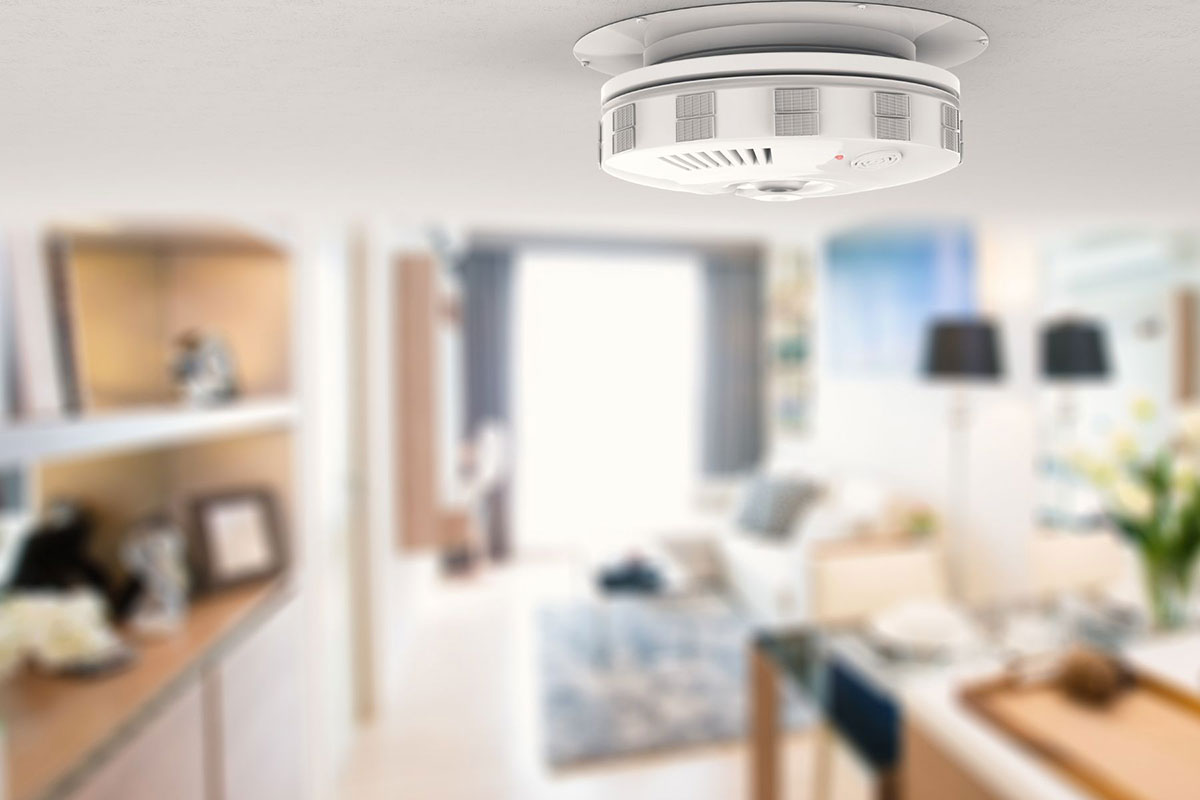
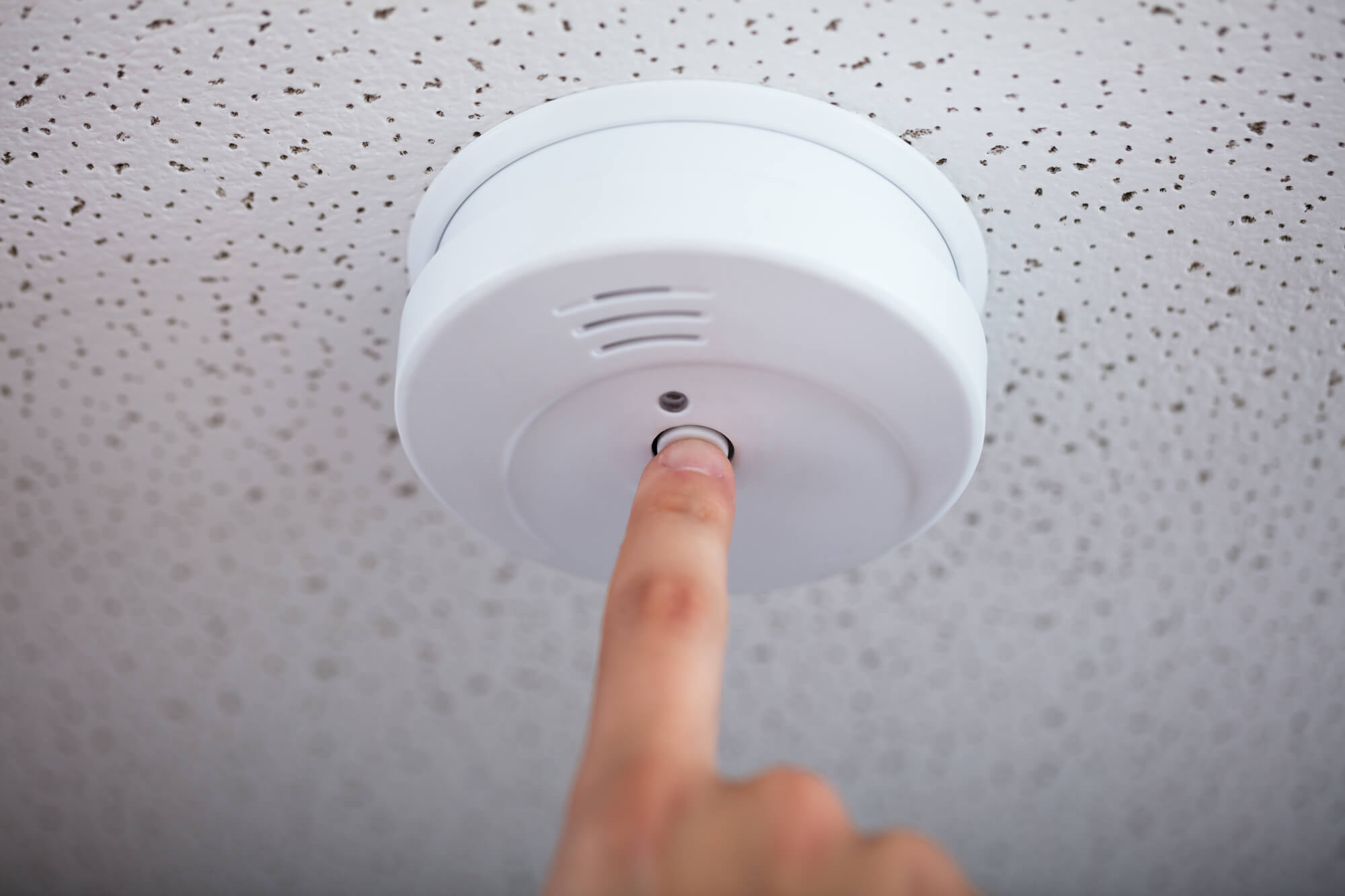
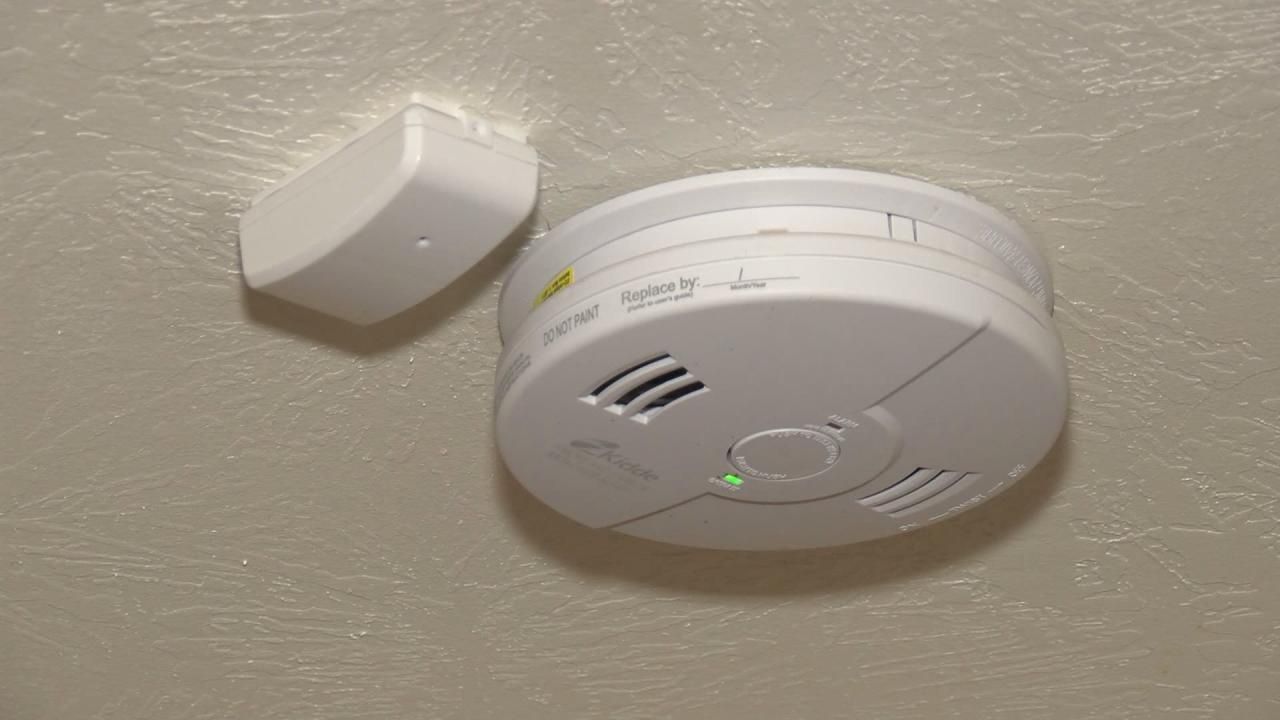
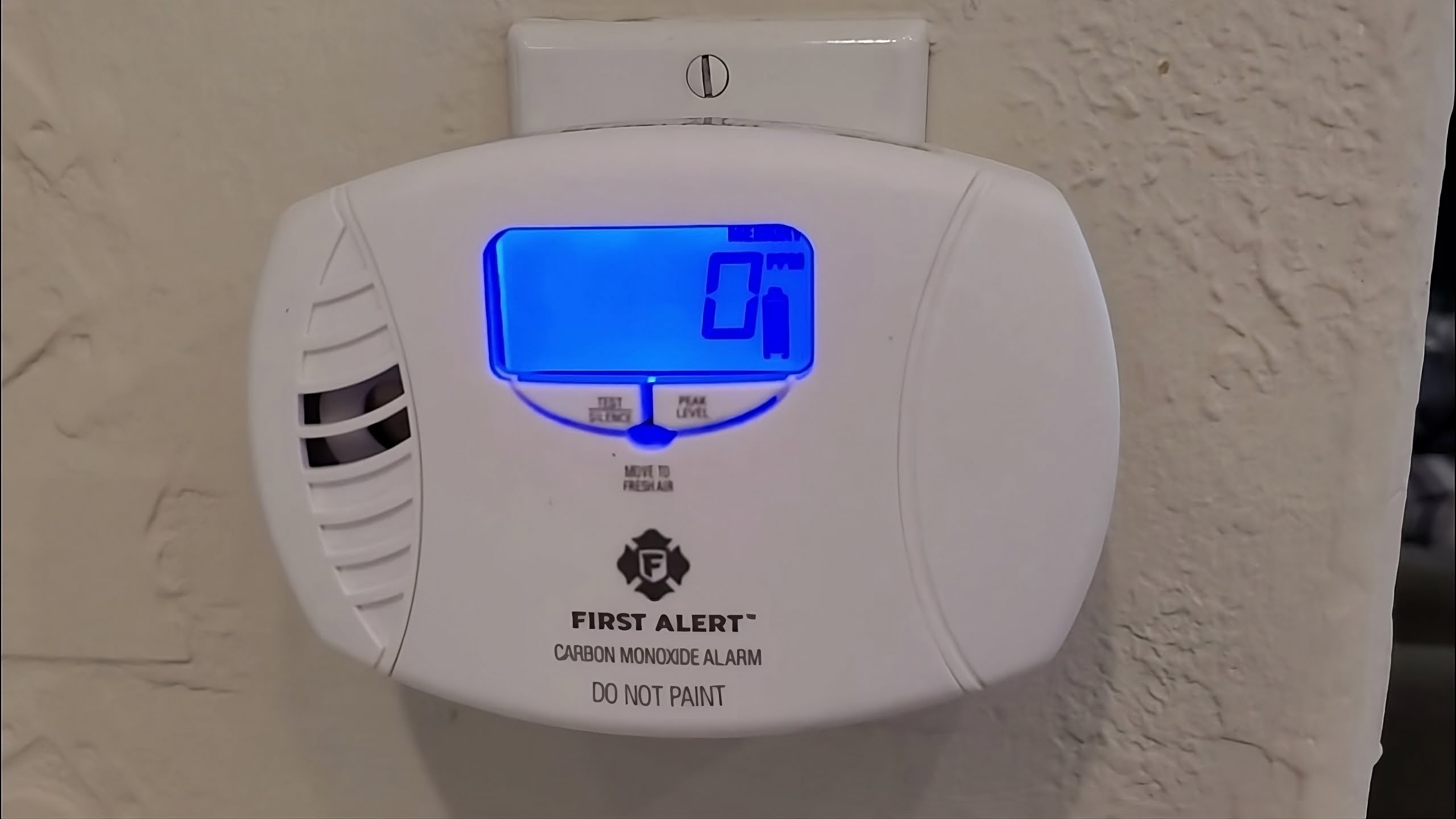
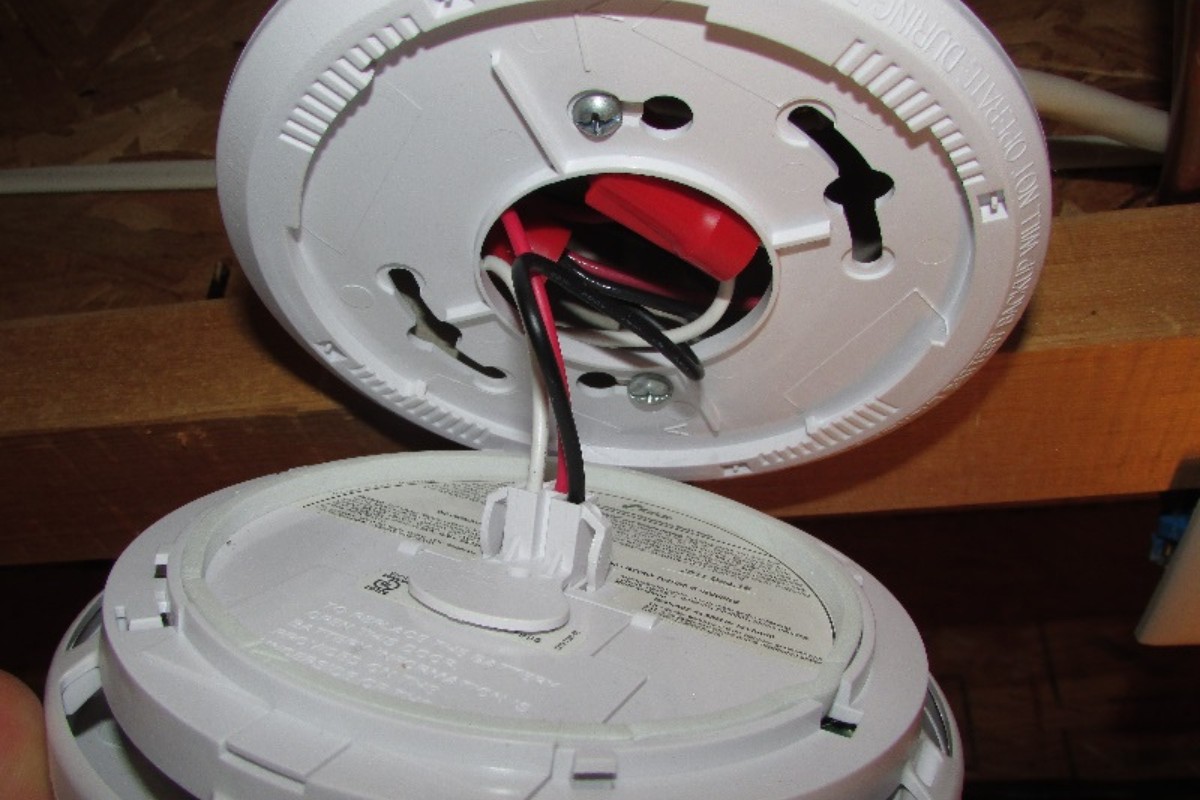
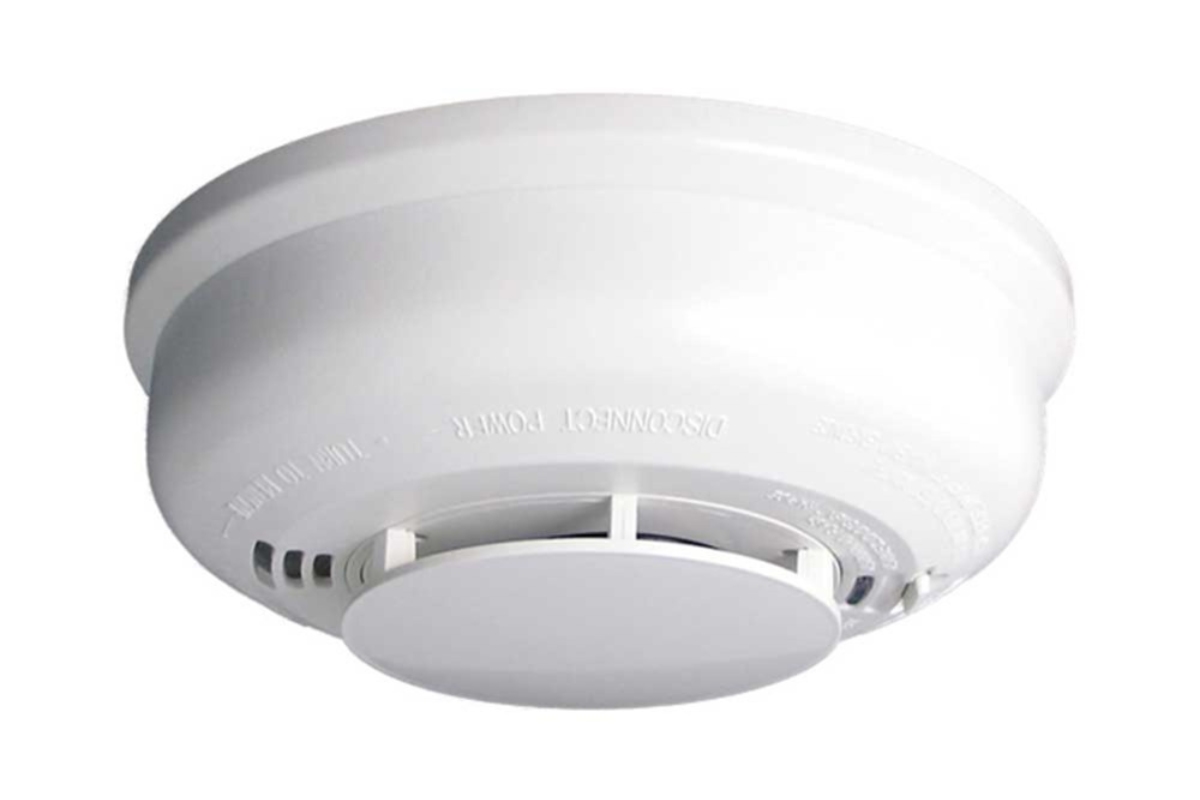
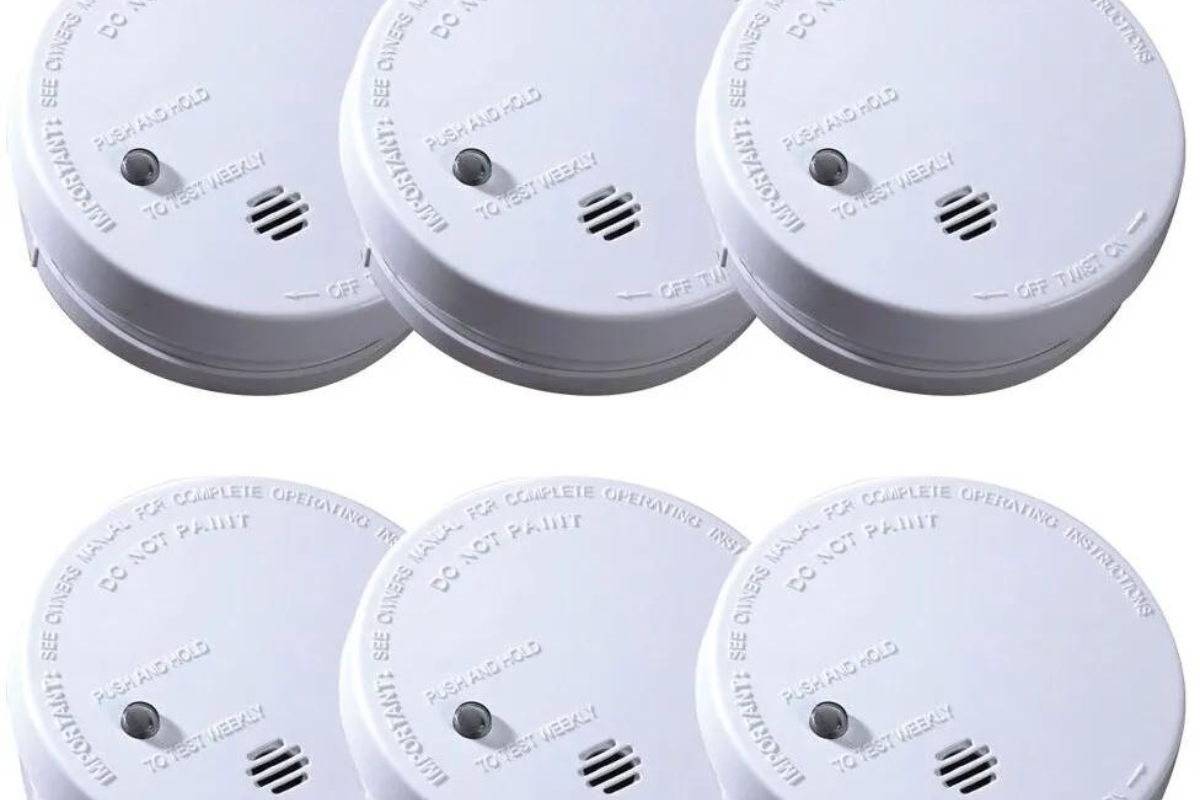
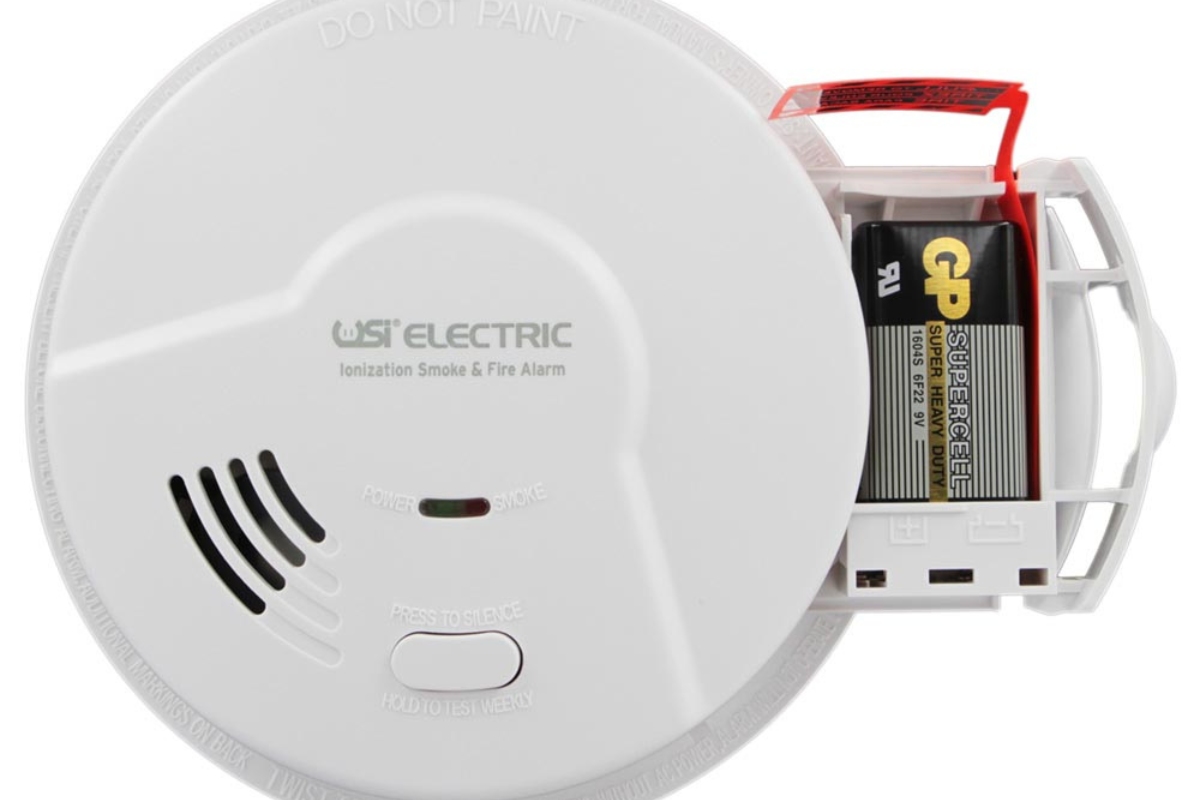
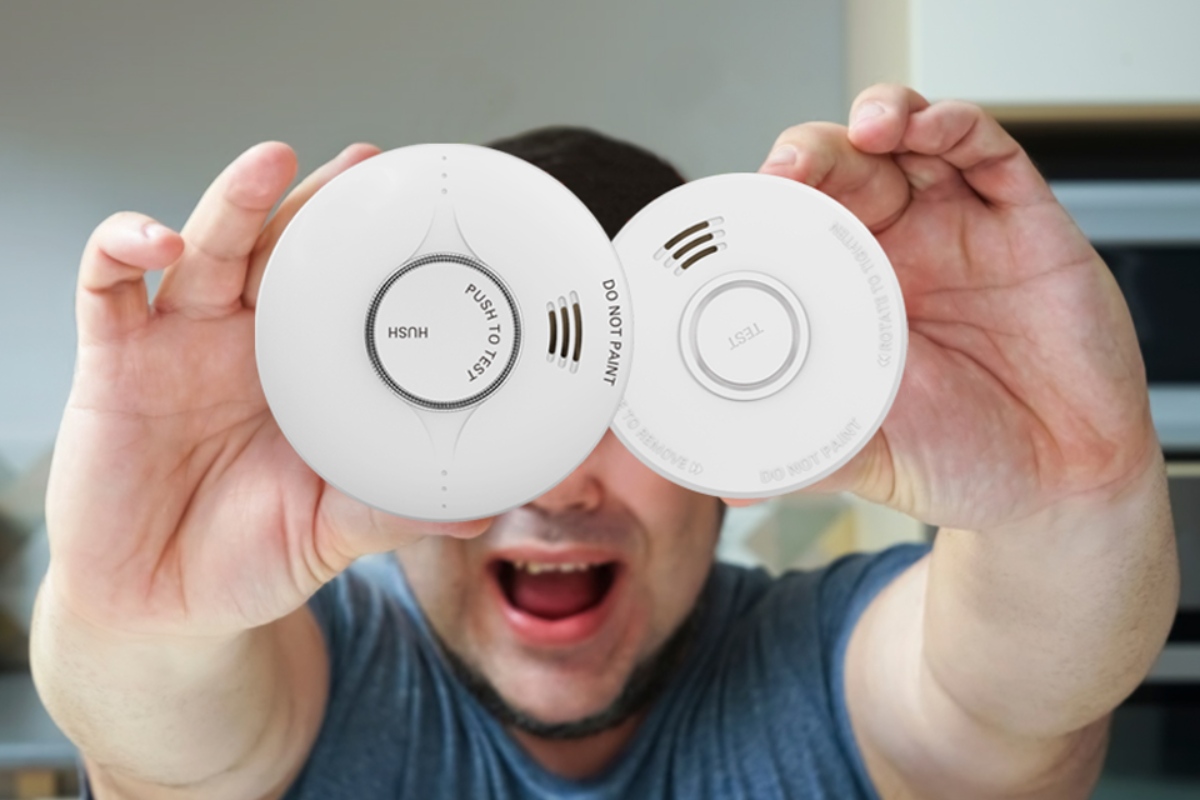
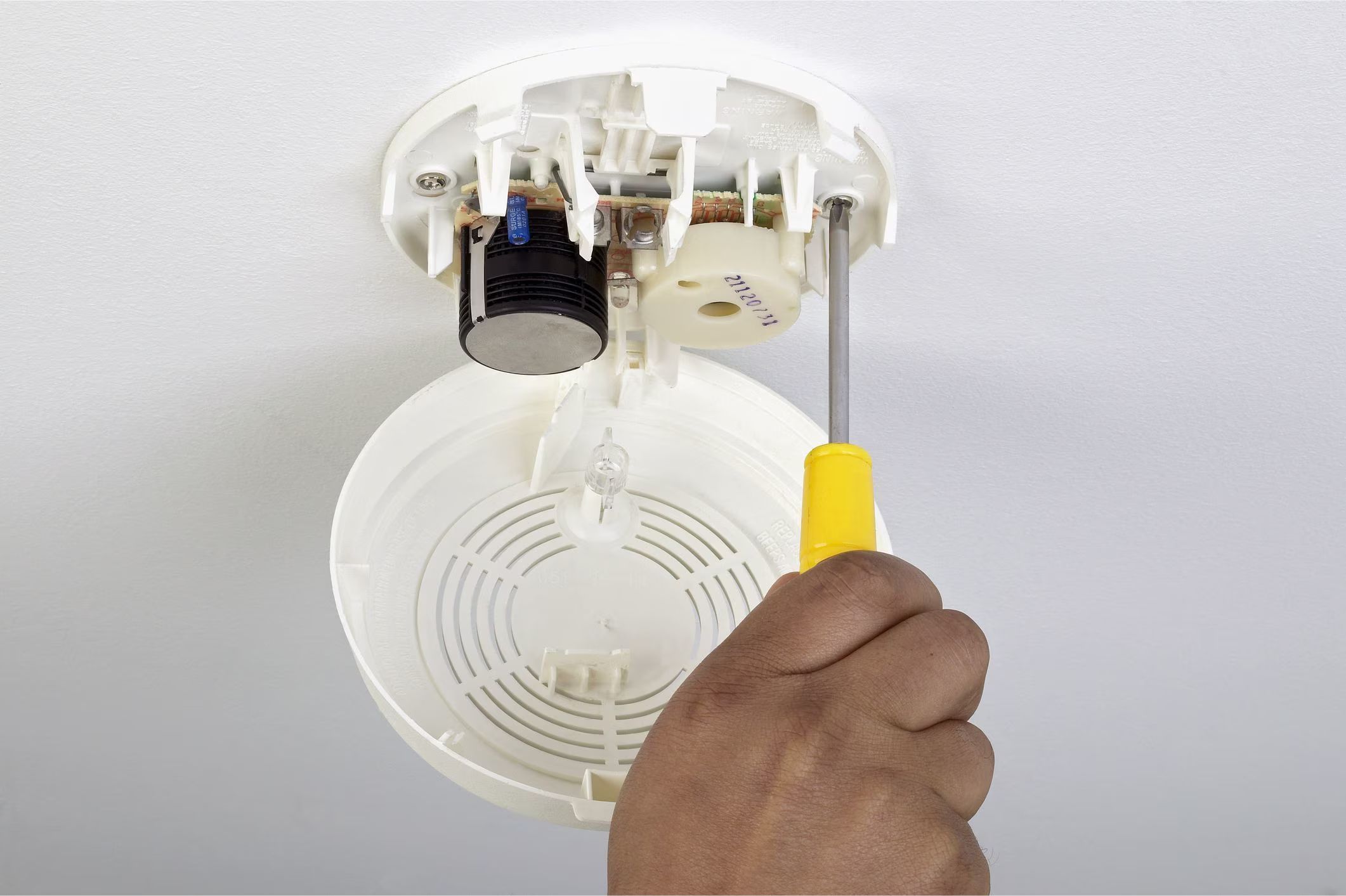
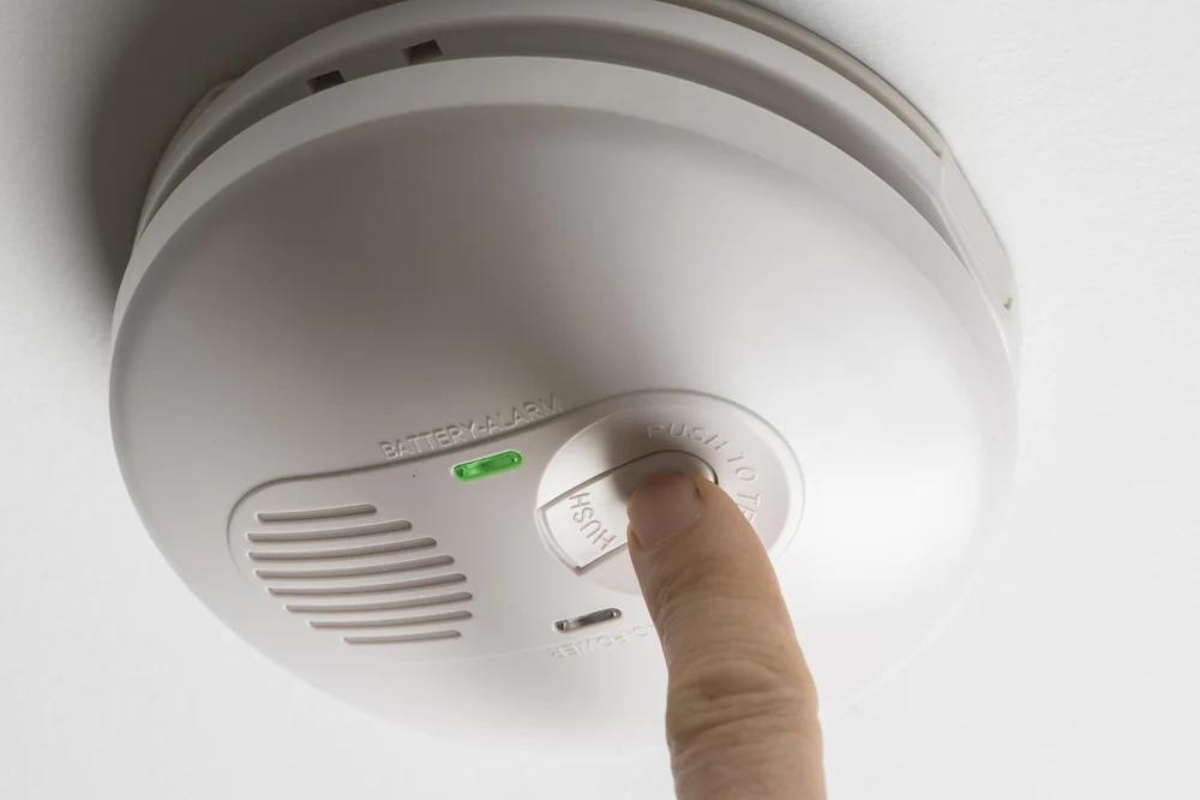
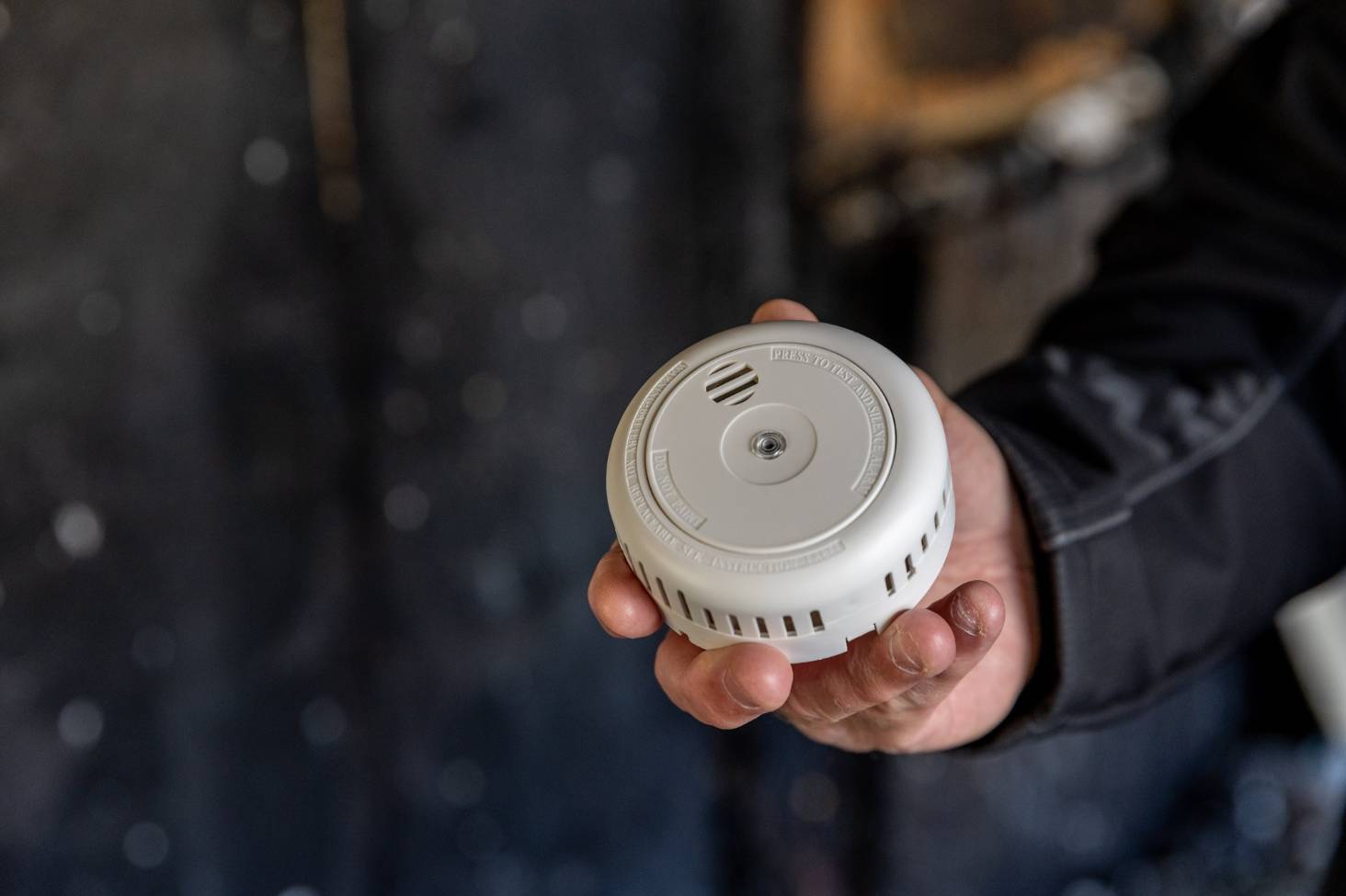
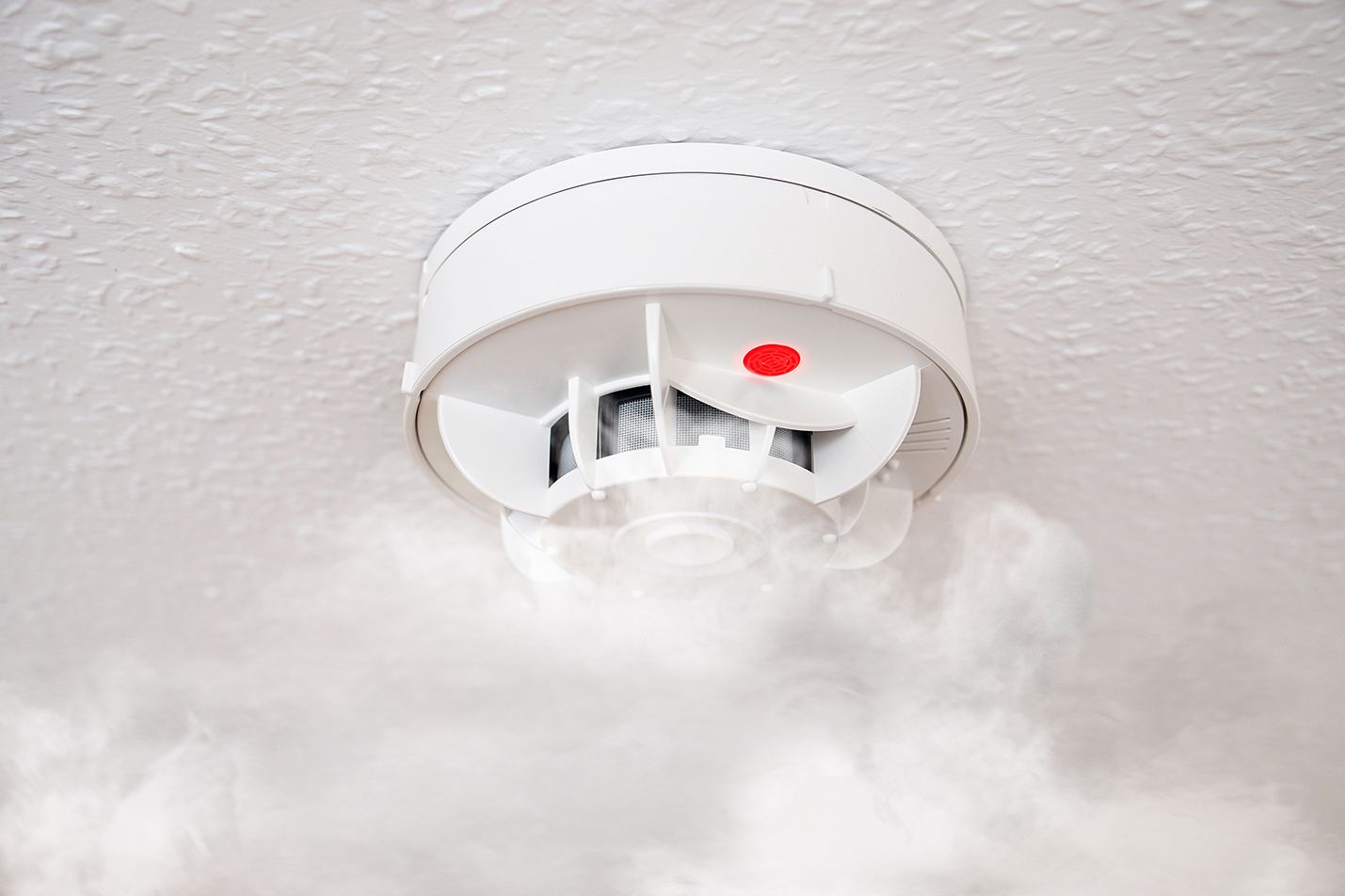

0 thoughts on “What Can Set Off A Smoke Detector”